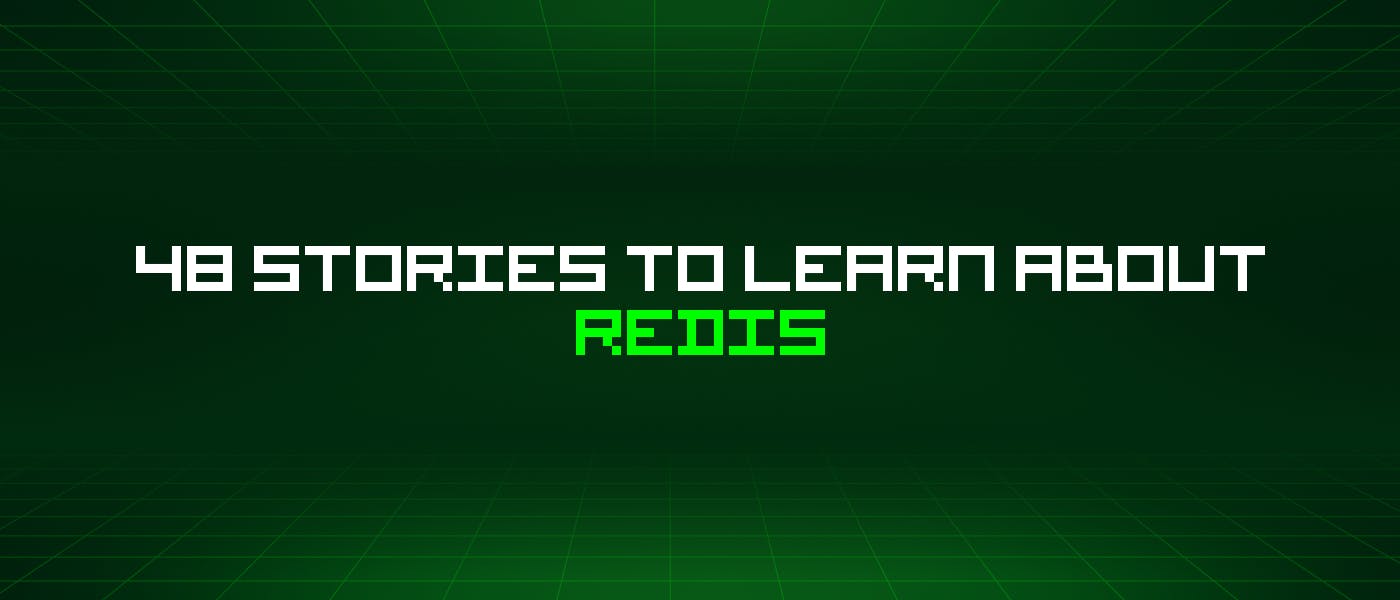Let's learn about Redis via these 48 free stories. They are ordered by most time reading created on HackerNoon. Visit the /Learn Repo to find the most read stories about any technology.
1. How to Implement Caching Efficiently in NestJS Using Redis
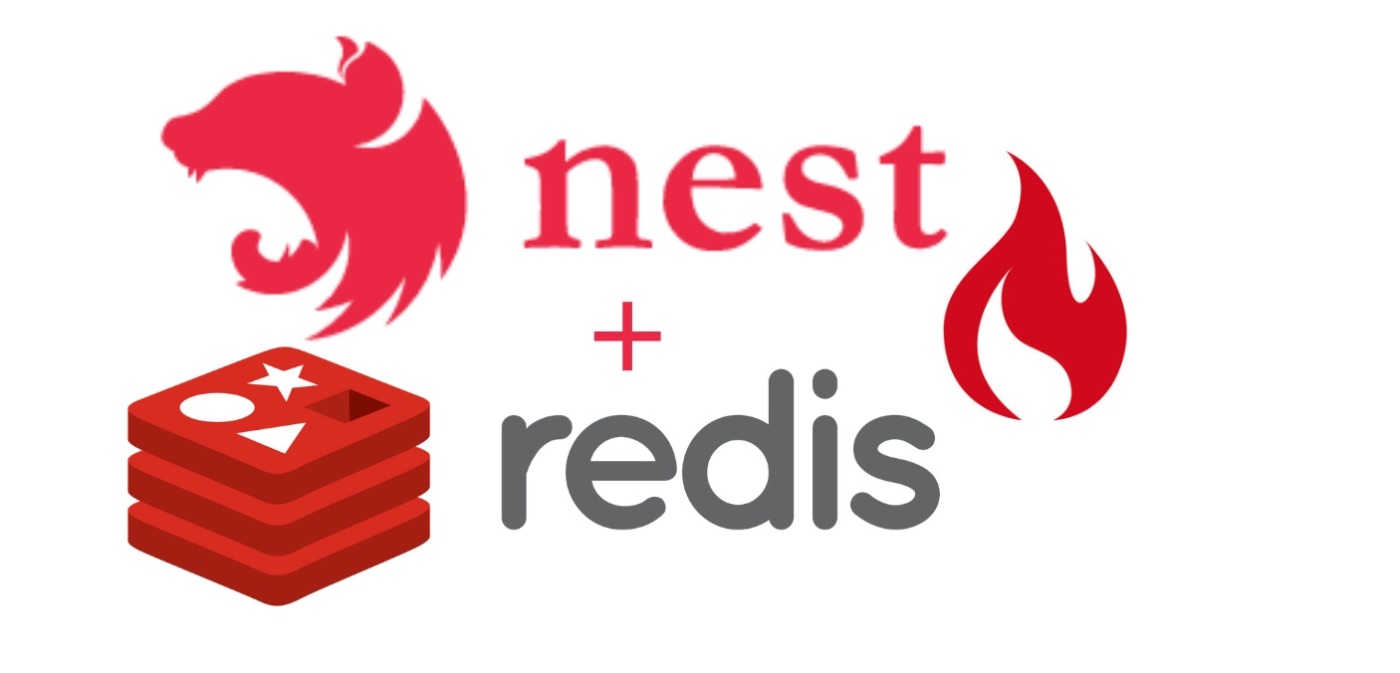 In this post, we’ll look at using Redis to give cache capabilities to a NestJS project. We’ll discuss Redis, what caching is, and the implementation procedure.
In this post, we’ll look at using Redis to give cache capabilities to a NestJS project. We’ll discuss Redis, what caching is, and the implementation procedure.
2. How to use Redis Pub/Sub in Messengers
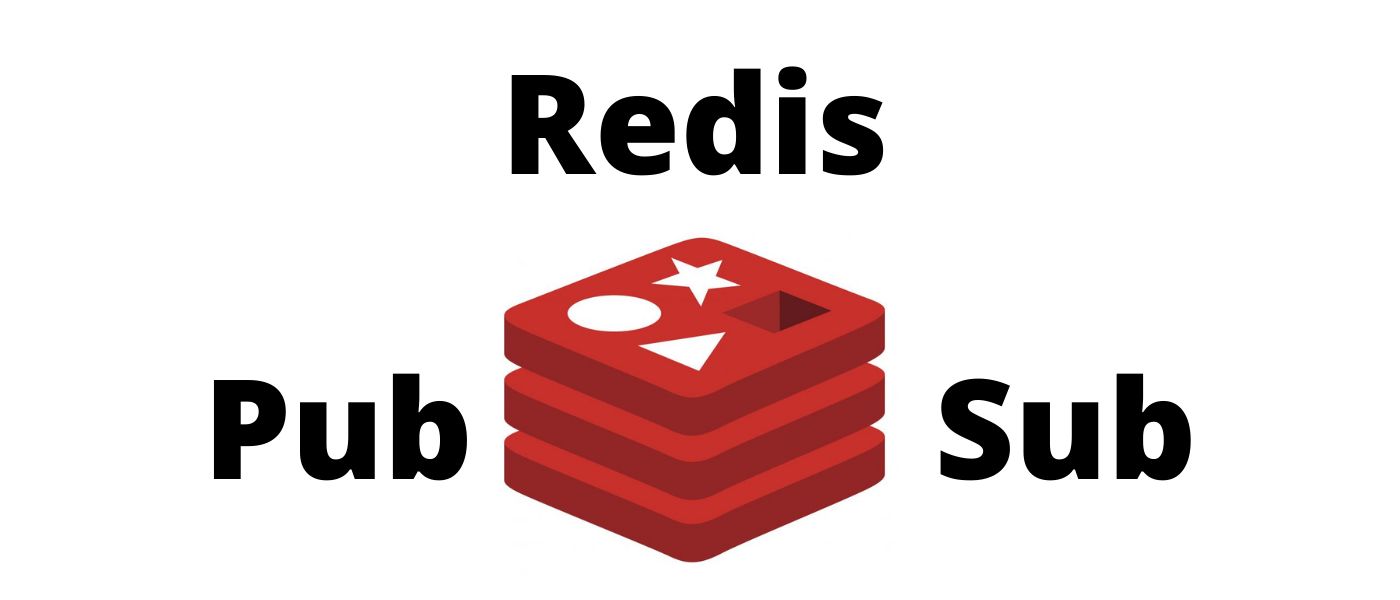 How to use Redis PubSub in messenger apps
How to use Redis PubSub in messenger apps
3. 3 Simple Steps to Run Redis Docker in CentOS or Linux Machine
 Let's discuss the easiest way of setting up the Redis Docker image using the Docker container.
Let's discuss the easiest way of setting up the Redis Docker image using the Docker container.
4. Redis and Node.JS: Learn the Basics
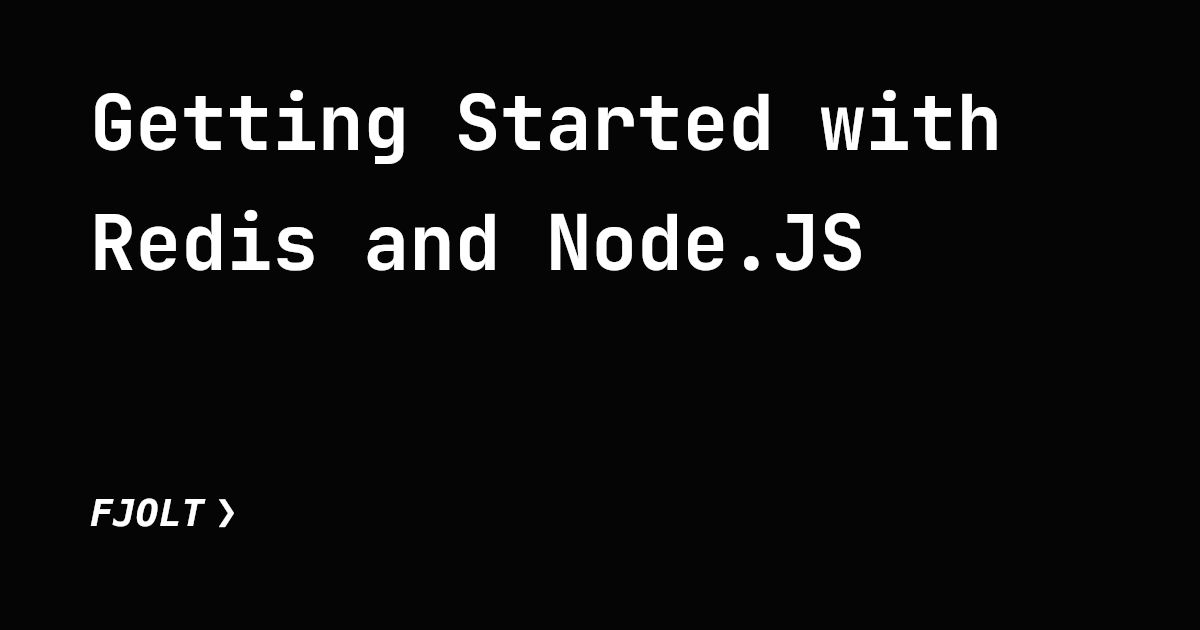 Redis is a powerful piece of technology that lets us store data in memory. Let's look at how to use it with Node.JS
Redis is a powerful piece of technology that lets us store data in memory. Let's look at how to use it with Node.JS
5. Resolving the CROSSSLOT Keys Error with Redis Cluster-Mode Enabled
 Why "CROSSSLOT Keys in request don't hash to the same slot" error happens in a Redis Cluster, and how to solve it.
Why "CROSSSLOT Keys in request don't hash to the same slot" error happens in a Redis Cluster, and how to solve it.
6. Migrating from Heroku to Render
 Migrate from Heroku to Render
Migrate from Heroku to Render
7. What is Idempotency and Why We Need It
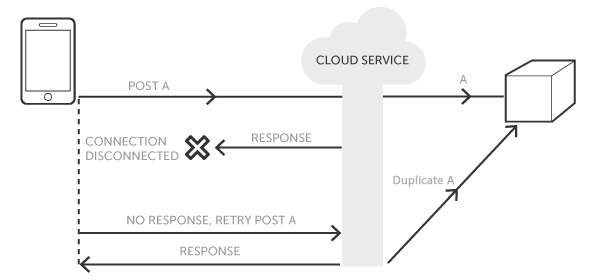 Idempotency is a strategy that makes sure an event that executed multiple times will give the same result. For example, GET method on the HTTP request. If you calling the endpoint with GET method will give you the same result. But POST method is not idempotent because every time you call an endpoint with POST method will create a new record on the database (the database state changes).
Idempotency is a strategy that makes sure an event that executed multiple times will give the same result. For example, GET method on the HTTP request. If you calling the endpoint with GET method will give you the same result. But POST method is not idempotent because every time you call an endpoint with POST method will create a new record on the database (the database state changes).
8. DBngin: Instant Local Server for MySQL, PostgreSQL, and Redis
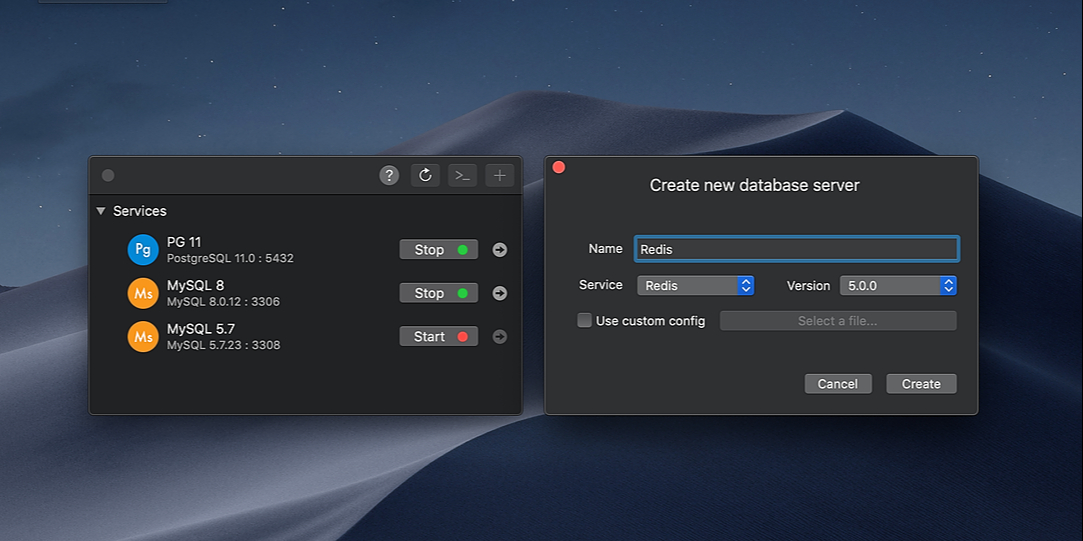 Docker might be an easy solution as an all-in-one tool for setting up a Local Development Environment. But on the other hand, it eats up a huge portion of your system resources to get up and running, and we hate it when our computer becomes lagging and clumsy.
Docker might be an easy solution as an all-in-one tool for setting up a Local Development Environment. But on the other hand, it eats up a huge portion of your system resources to get up and running, and we hate it when our computer becomes lagging and clumsy.
9. How to Build a Digital Auction SaaS Platform using JavaScript, AWS Lambda, and Redis
 Want to create your very own digital auction? We'll show you how to build this application by guiding you through each step. Click here to get started now!
Want to create your very own digital auction? We'll show you how to build this application by guiding you through each step. Click here to get started now!
10. Live Updates in Ruby on Rails with ActionCable Feature

11. Introduction to ADN: API Delivery Network
 A CDN designed for APIs with pre-heating and real-time purges, that sits in front of all our API servers, always serving a hit and never a miss.
A CDN designed for APIs with pre-heating and real-time purges, that sits in front of all our API servers, always serving a hit and never a miss.
12. Exploring Redis II: How Redis Stream Works
 What's Redis stream and how to use it.
What's Redis stream and how to use it.
13. A different approach to User Sessions in Microservices
 the most important pieces of data for your whole application is kept in-memory and shared throughout all modules of your application: the user session.
the most important pieces of data for your whole application is kept in-memory and shared throughout all modules of your application: the user session.
14. Building a Secure Web Chat With Redis, mTLS and GCP
 Securing Redis installation with mTLS and accessing it from a compute instance on GCP for free.
Securing Redis installation with mTLS and accessing it from a compute instance on GCP for free.
15. Distributed Denial Of Service (DDOS) Mitigation
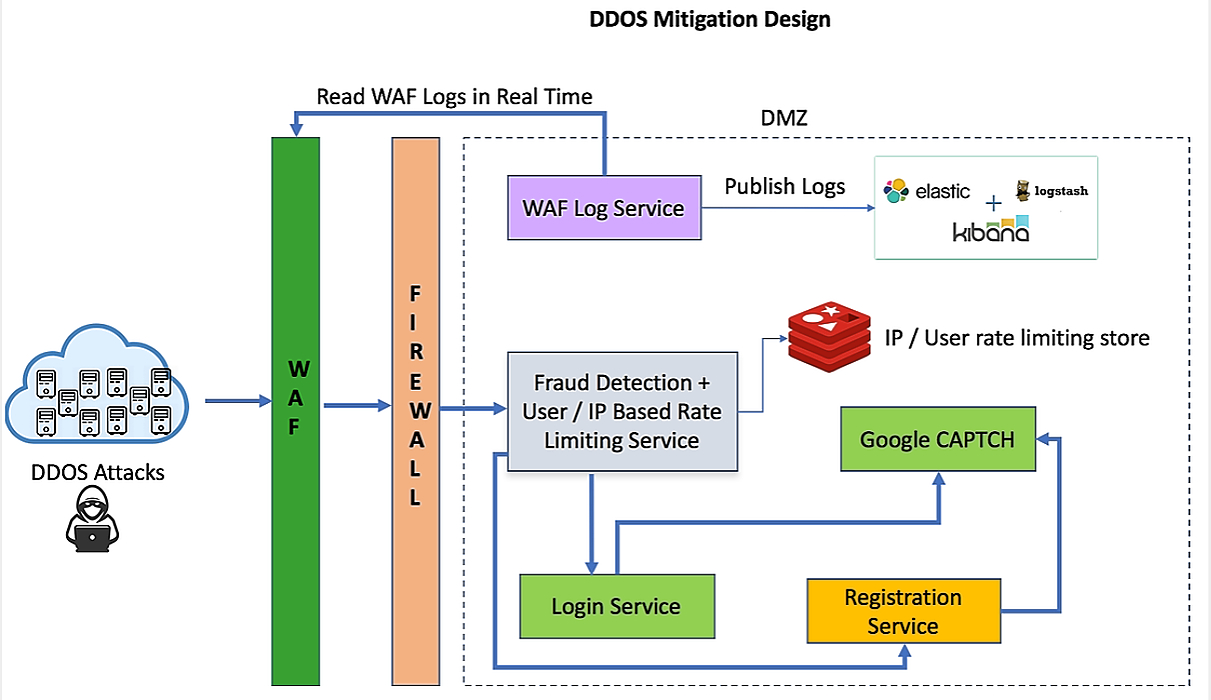 In the current age of big data and internet businesses it is a constant struggle for an organization to prevent data breaches and protect the data of their users. The current landscape of cyber security is still evolving and attempts are being made to use Artifical Intelligence to protect systems from attacks and data breaches.
In the current age of big data and internet businesses it is a constant struggle for an organization to prevent data breaches and protect the data of their users. The current landscape of cyber security is still evolving and attempts are being made to use Artifical Intelligence to protect systems from attacks and data breaches.
16. Event Driven Systems: Building A Facebook Like Counter & Notification System
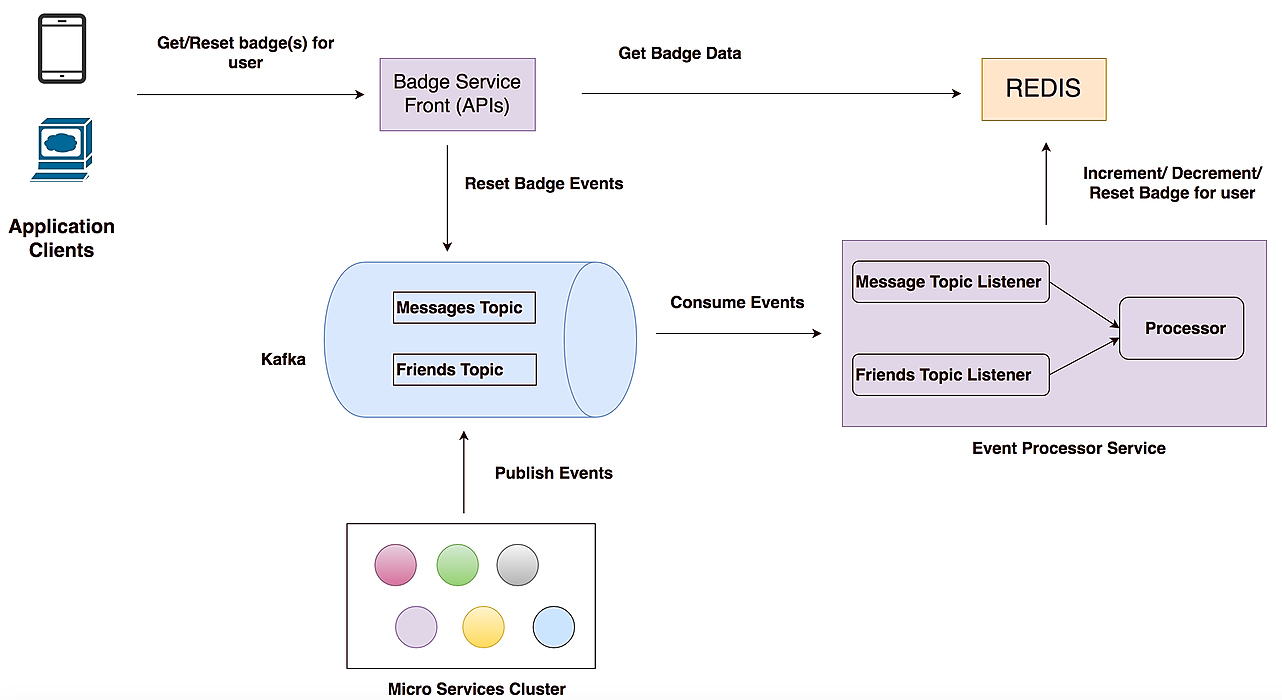 Most of the applications have some sort of badging functionality which is used to display certain counts to the users for CTA (Call To Action).
Most of the applications have some sort of badging functionality which is used to display certain counts to the users for CTA (Call To Action).
17. Caches in Python
 Let's learn about Caches, Caching Operations, Cache Eviction Policies,
Implementation of Cache Eviction Policies, Distributed Caching
and Caching In Python
Let's learn about Caches, Caching Operations, Cache Eviction Policies,
Implementation of Cache Eviction Policies, Distributed Caching
and Caching In Python
18. SSL Certificates and Some Other Prerequisites for Installing Orchestrator
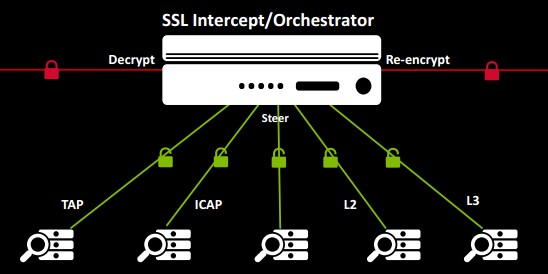 System Center Orchestrator can automate reoccurring tasks related to support and management of the Exchange organization. In particular, it can be used to create a custom interface where support organization can request precise actions like message tracking logs and mailbox moves. This makes executing basic tasks easy as one does not need Exchange permissions or be forced to use tools like Exchange Management Console or Powershell.
System Center Orchestrator can automate reoccurring tasks related to support and management of the Exchange organization. In particular, it can be used to create a custom interface where support organization can request precise actions like message tracking logs and mailbox moves. This makes executing basic tasks easy as one does not need Exchange permissions or be forced to use tools like Exchange Management Console or Powershell.
19. Creating a Distributed Task Queue in Python With Celery + RabbitMQ + Redis
 In this article, we are going to use Celery, RabbitMQ, and Redis to build a distributed Task queue. But what is a distributed task queue, and why would you buil
In this article, we are going to use Celery, RabbitMQ, and Redis to build a distributed Task queue. But what is a distributed task queue, and why would you buil
20. A Successful Selenium Parallel Testing With Zalenium
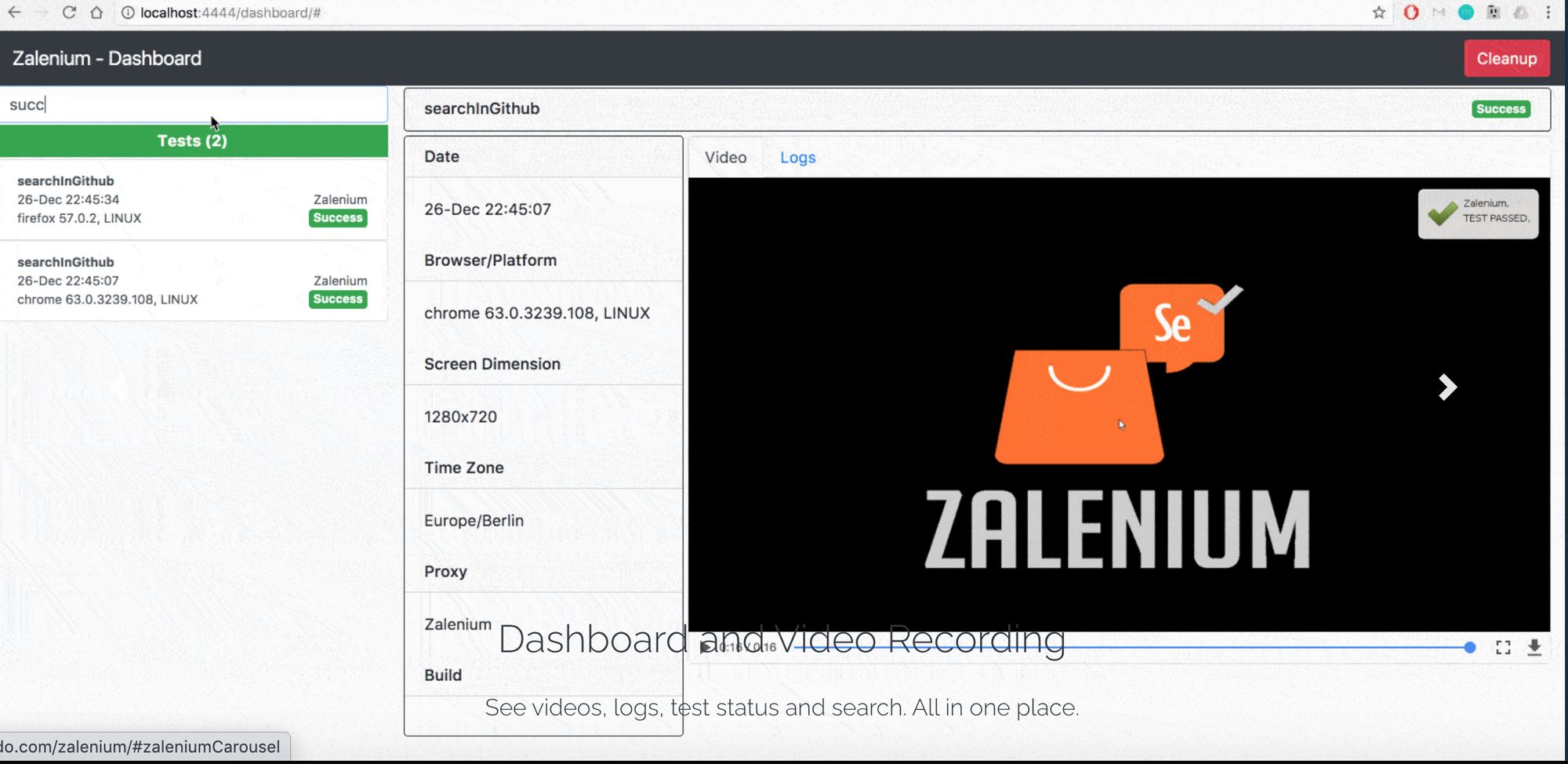
21. What Is Redis and How Can It Make Your Website 30-40% Faster?
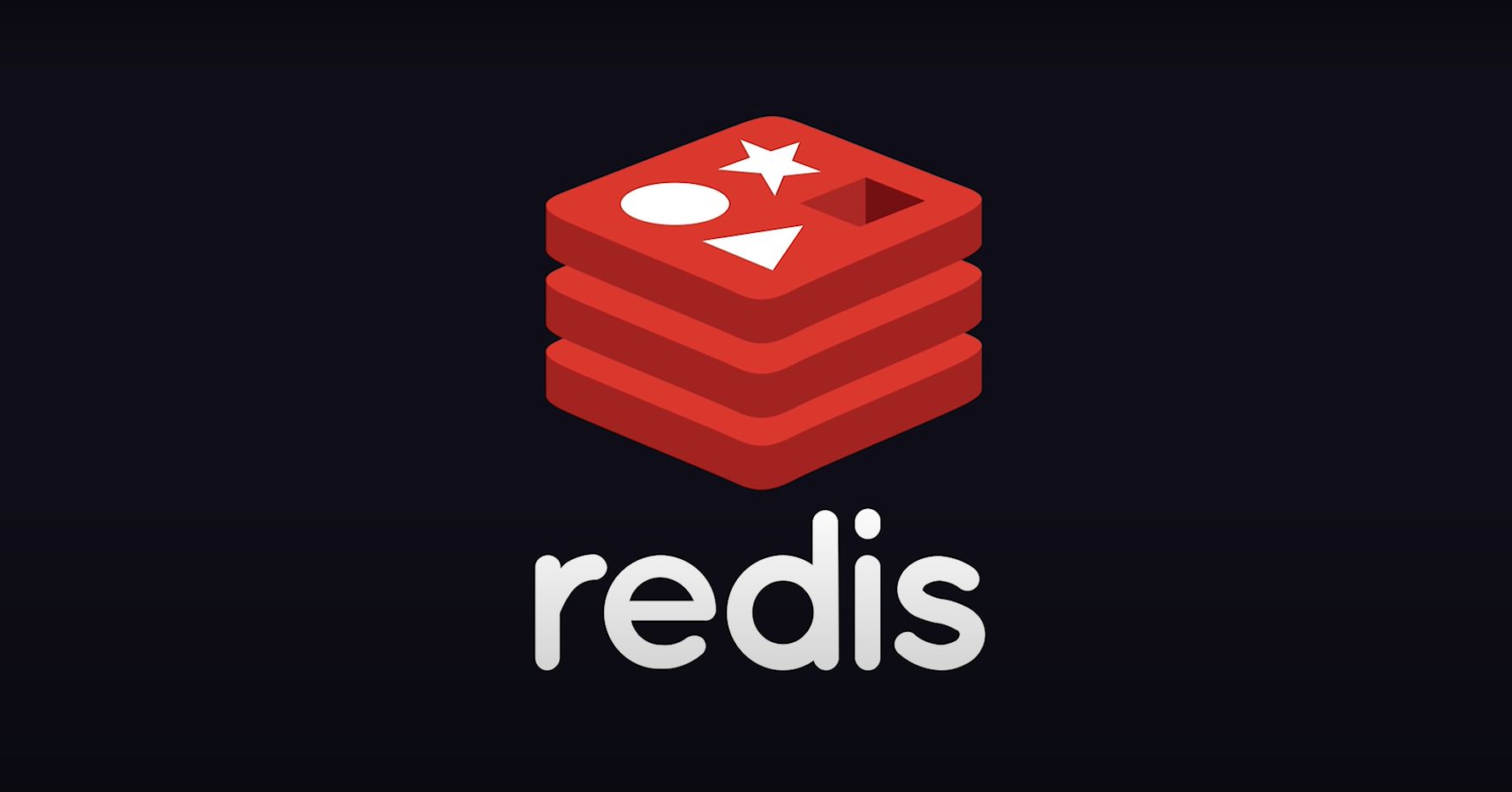 Redis is a type of database that can be used to significantly improve your website's loading speed thanks to its design and its versatile selection of modules.
Redis is a type of database that can be used to significantly improve your website's loading speed thanks to its design and its versatile selection of modules.
22. We Built The World's Largest Real time High-Frequency, Low Latency Streaming System on Golang
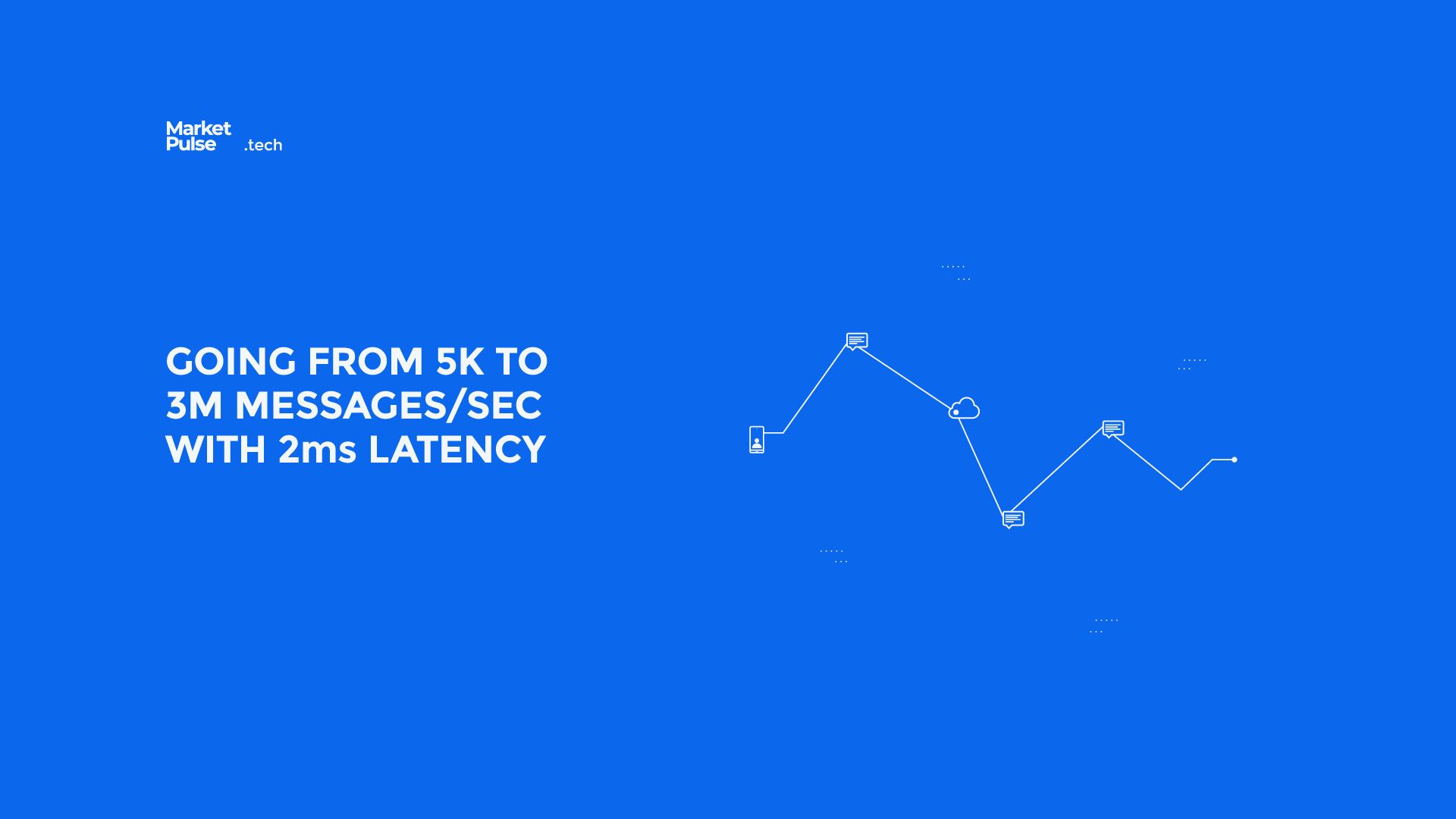 The evolution, failures and design decisions behind one of the world’s largest real-time, high-frequency and low-latency streaming systems.
The evolution, failures and design decisions behind one of the world’s largest real-time, high-frequency and low-latency streaming systems.
23. How to Choose the Right Real-Time Communication Approach: Long Polling vs Redis Pub/Sub
 Real-time communication is essential for modern web applications that require fast data exchange between clients and servers.
Real-time communication is essential for modern web applications that require fast data exchange between clients and servers.
24. Scale Your Microservices with an Easy Message Queue on Redis
 If you’re a microservices developer considering communication protocols, choosing an event-driven architecture might just help you rest a little easier at night. With the right design, event-driven architecture can help you to create apps that are decoupled and asynchronous, giving you the major benefits of your app being both performant and easily scalable.
If you’re a microservices developer considering communication protocols, choosing an event-driven architecture might just help you rest a little easier at night. With the right design, event-driven architecture can help you to create apps that are decoupled and asynchronous, giving you the major benefits of your app being both performant and easily scalable.
25. Using Redis Streams with NestJS: Part 1 - Setup
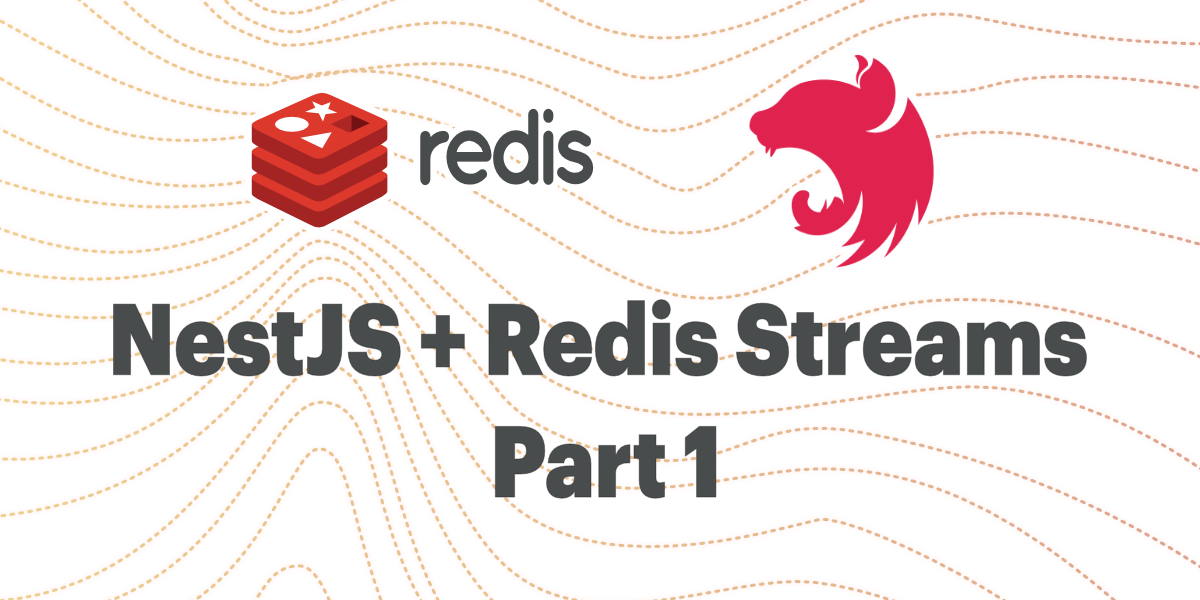 This is part 1 of a 3-part series, where we will explore how to use Redis streams with NestJS.
This is part 1 of a 3-part series, where we will explore how to use Redis streams with NestJS.
26. Exploring Redis: How the Publish/Subscribe Pattern Works
 Pub/Sub pattern in Redis
Pub/Sub pattern in Redis
27. What Are Redis Hashes
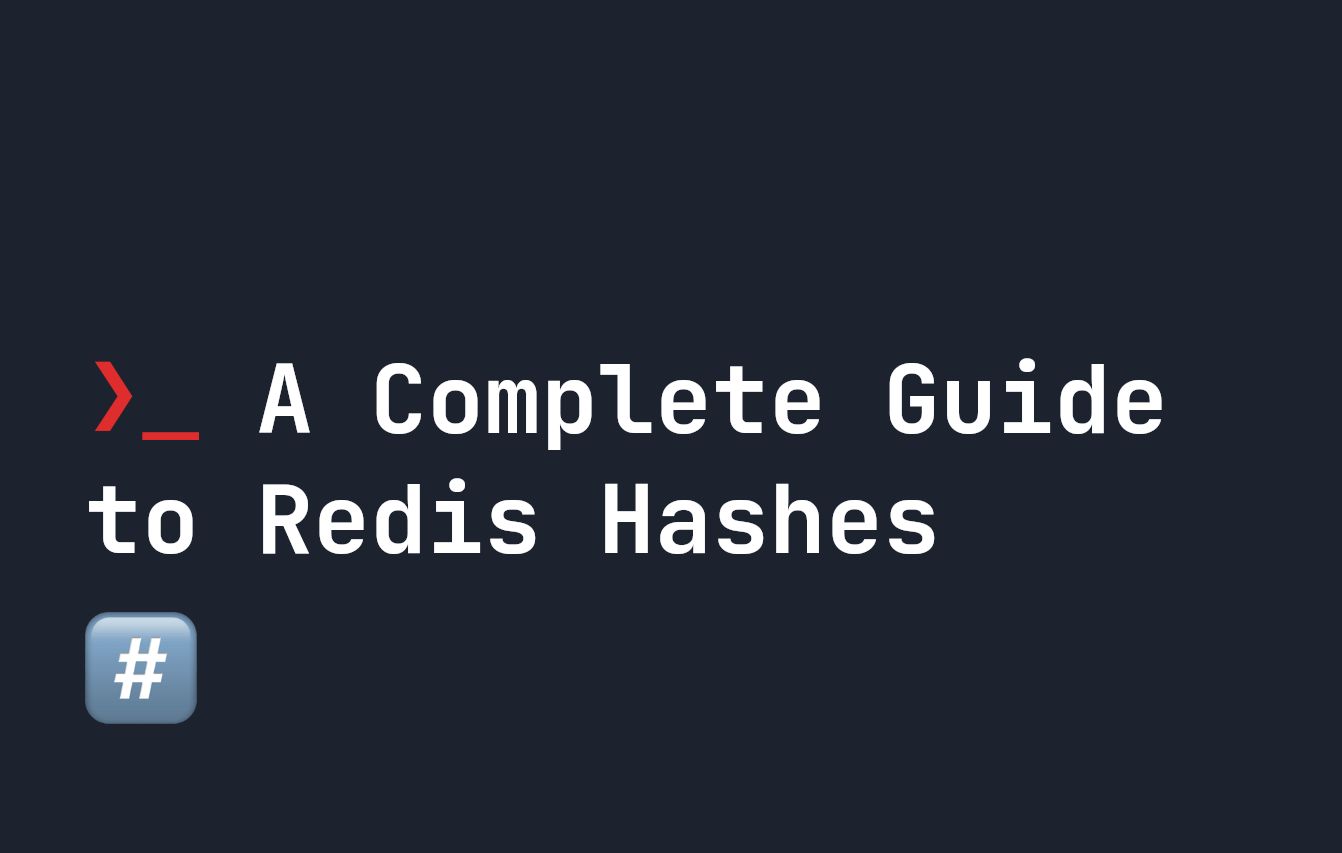 Redis hashes are a type of record stored in a Redis database. They are little like JSON objects and store data as key-value pairs.
Redis hashes are a type of record stored in a Redis database. They are little like JSON objects and store data as key-value pairs.
28. How To Configure Redis + Redis Commander + Docker
 I will get redis and redis commander up and running using docker.
I will get redis and redis commander up and running using docker.
29. In-Memory Caching in Golang
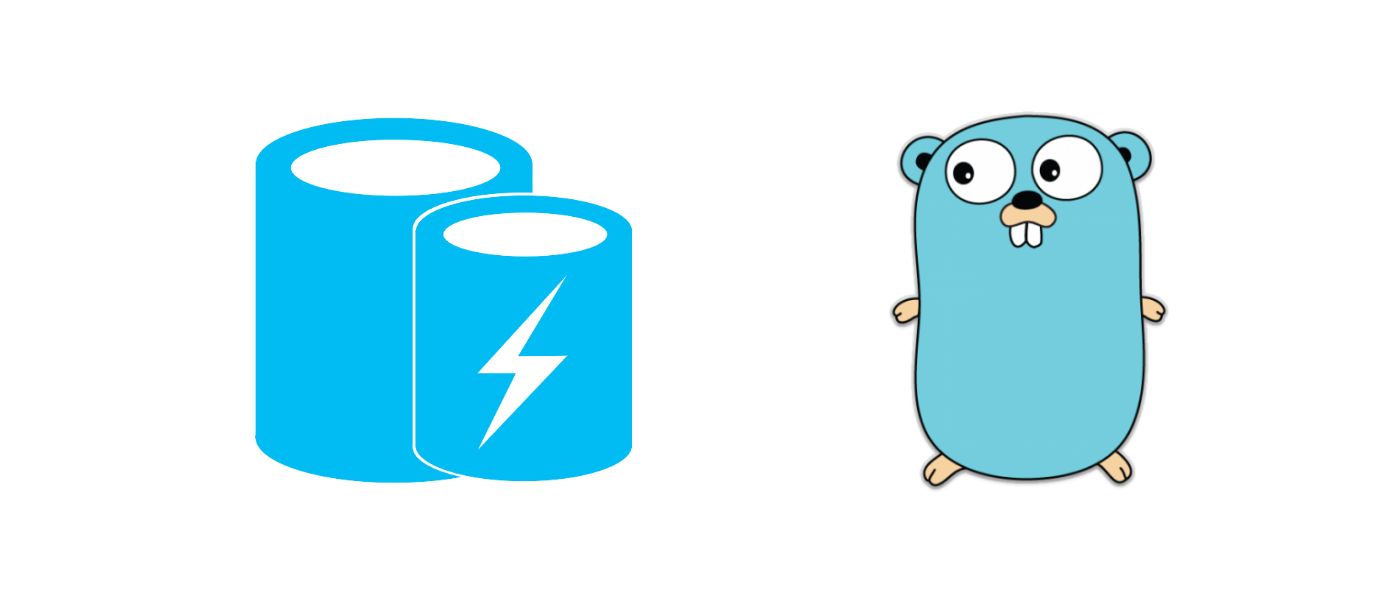 How to implement in-memory cache in Golang App
How to implement in-memory cache in Golang App
30. Introduction to Redis: The In-memory Database
 Redis is a type of database and it can be added to your production level application to make it more performant. I will cover the basics of Redis and show a real world example of Redis.
Redis is a type of database and it can be added to your production level application to make it more performant. I will cover the basics of Redis and show a real world example of Redis.
31. Deploying Complex Microservice Apps Using PMKFT [A How To Guide]
 In this tutorial we are going to expand our examples with deploying a more complex microservice. The idea is to make you more comfortable with the platform and to show you how you can leverage it for more advanced scenarios.
In this tutorial we are going to expand our examples with deploying a more complex microservice. The idea is to make you more comfortable with the platform and to show you how you can leverage it for more advanced scenarios.
32. Using Redis Streams with NestJS: Part 2 - Reading from Stream
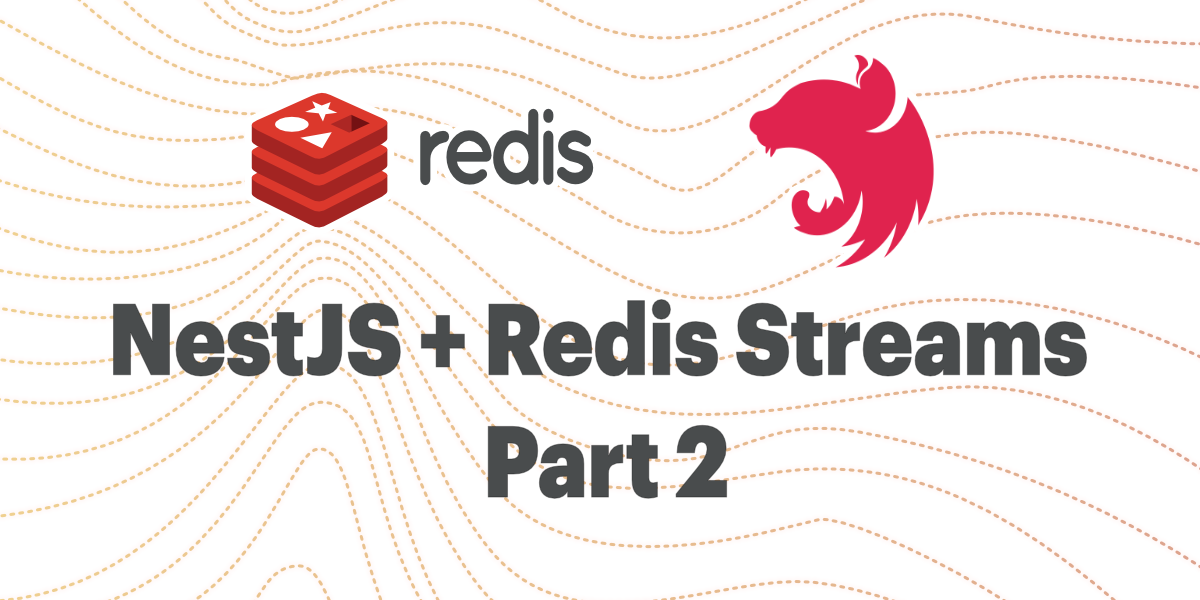 This is part 2 of a 3-part series, where we will explore how to use Redis streams with NestJS.
This is part 2 of a 3-part series, where we will explore how to use Redis streams with NestJS.
33. Using Redis Streams with NestJS: Part 3 - Consumer groups
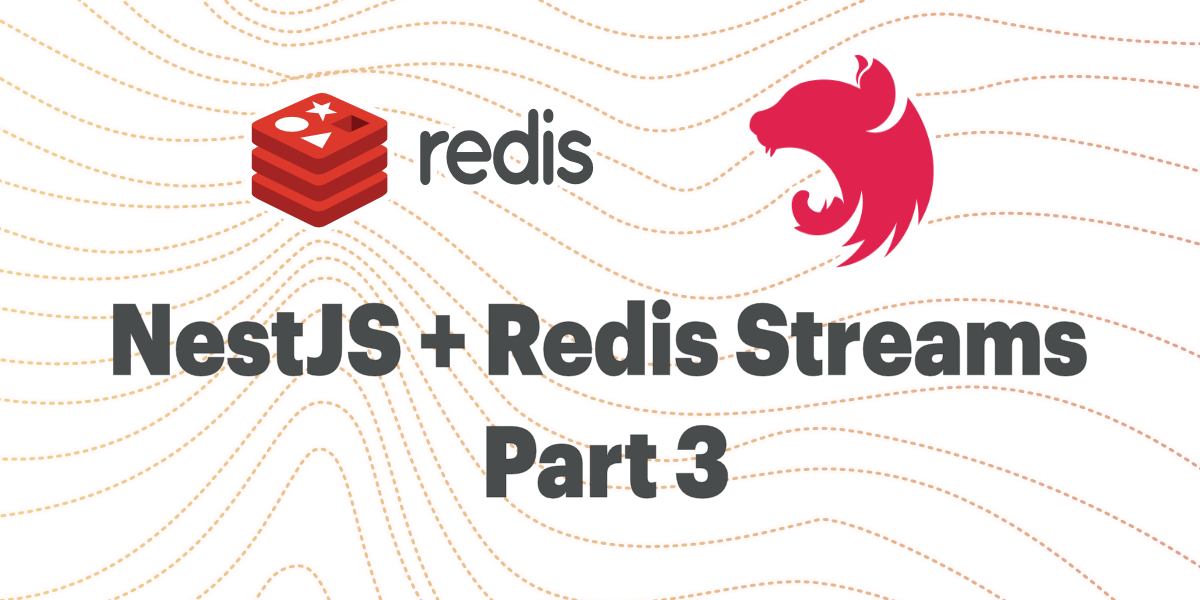 This is part 3 of a 3-part series, where we will explore how to use Redis streams with NestJS.
This is part 3 of a 3-part series, where we will explore how to use Redis streams with NestJS.
34. Most Common Redis Use Cases by Core Data Structures
 Redis, short for Remote Dictionary Server, is a BSD-licensed, open-source in-memory key-value data structure store written in C language by Salvatore Sanfillipo and was first released on May 10, 2009. Depending on how it is configured, Redis can act like a database, a cache or a message broker. It’s important to note that Redis is a NoSQL database system. This implies that unlike SQL (Structured Query Language) driven database systems like MySQL, PostgreSQL, and Oracle, Redis does not store data in well-defined database schemas which constitute tables, rows, and columns. Instead, Redis stores data in data structures which makes it very flexible to use. In this blog, we outline the top Redis use cases by the different core data structure types.
Redis, short for Remote Dictionary Server, is a BSD-licensed, open-source in-memory key-value data structure store written in C language by Salvatore Sanfillipo and was first released on May 10, 2009. Depending on how it is configured, Redis can act like a database, a cache or a message broker. It’s important to note that Redis is a NoSQL database system. This implies that unlike SQL (Structured Query Language) driven database systems like MySQL, PostgreSQL, and Oracle, Redis does not store data in well-defined database schemas which constitute tables, rows, and columns. Instead, Redis stores data in data structures which makes it very flexible to use. In this blog, we outline the top Redis use cases by the different core data structure types.
35. The Pros and Cons of NoSQL
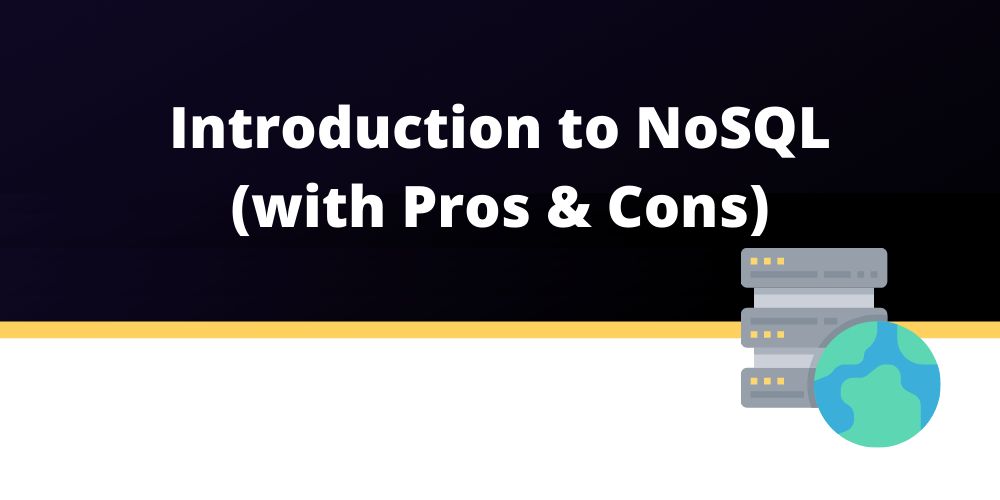 Learn how NoSQL differs from SQL and how it's built for high performance and availability. And no, it doesn't stand for "No SQL".
Learn how NoSQL differs from SQL and how it's built for high performance and availability. And no, it doesn't stand for "No SQL".
36. 2019 Database Trends – SQL vs. NoSQL, Top Databases, Single vs. Multiple Database Use
 Wondering which databases are trending in 2019? We asked hundreds of developers, engineers, software architects, dev teams, and IT leaders at DeveloperWeek to discover the current NoSQL vs. SQL usage, most popular databases, important metrics to track, and their most time-consuming database management tasks. Get the latest insights on MySQL, MongoDB, PostgreSQL, Redis, and many others to see which database management systems are most favored this year.
Wondering which databases are trending in 2019? We asked hundreds of developers, engineers, software architects, dev teams, and IT leaders at DeveloperWeek to discover the current NoSQL vs. SQL usage, most popular databases, important metrics to track, and their most time-consuming database management tasks. Get the latest insights on MySQL, MongoDB, PostgreSQL, Redis, and many others to see which database management systems are most favored this year.
37. ROLE BASED ACCESS CONTROL (RBAC) DESIGN FOR MICROSERVICES
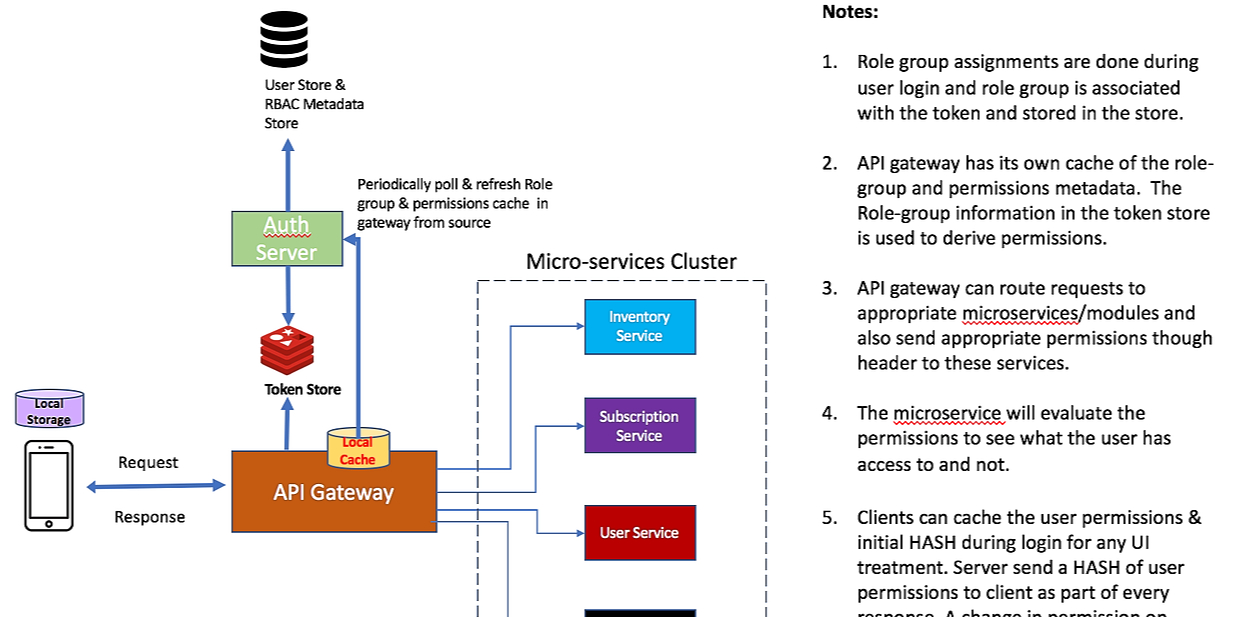 This article extends the principles and design of API gateway discussed in the article here API Gateway.
This article extends the principles and design of API gateway discussed in the article here API Gateway.
38. Digging into Postgres's Lesser Known Features
 Postgres Handles More than You Think
Postgres Handles More than You Think
39. How to use Redis HyperLogLog
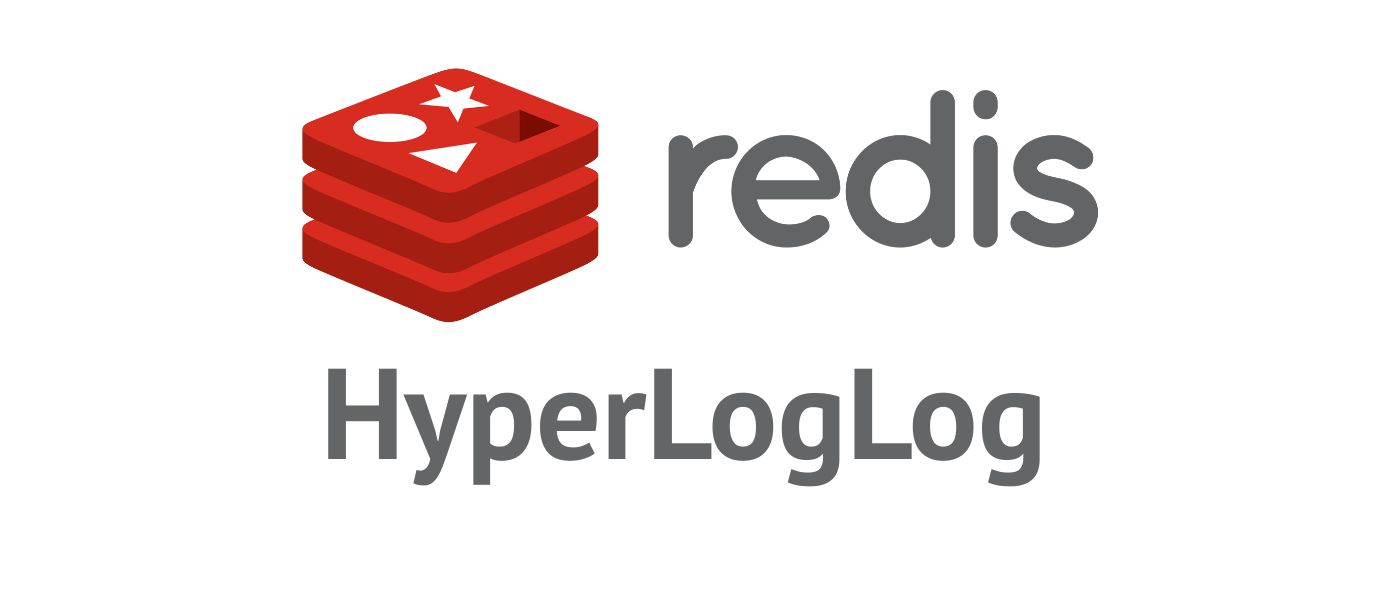 How to use Redis HyperLogLog data structure to store millions of unique items.
How to use Redis HyperLogLog data structure to store millions of unique items.
40. GitHub Actions CI config for MySQL, Redis, Elasticsearch in Ruby on Rails project with RSpec tests
 How to run parallel tests with Github Actions jobs for Rails project with MySQL, Redis, Elasticsearch.
How to run parallel tests with Github Actions jobs for Rails project with MySQL, Redis, Elasticsearch.
41. Django, Celery, Redis and Flower Implementation
 Here I’m assuming you already have your basic Django project setup. And, already know what Celery is? if not, I’ll suggest getting a basic understanding of it here. So let’s just directly jump into the steps.
Here I’m assuming you already have your basic Django project setup. And, already know what Celery is? if not, I’ll suggest getting a basic understanding of it here. So let’s just directly jump into the steps.
42. How To Setup Caching in Node.js using Redis
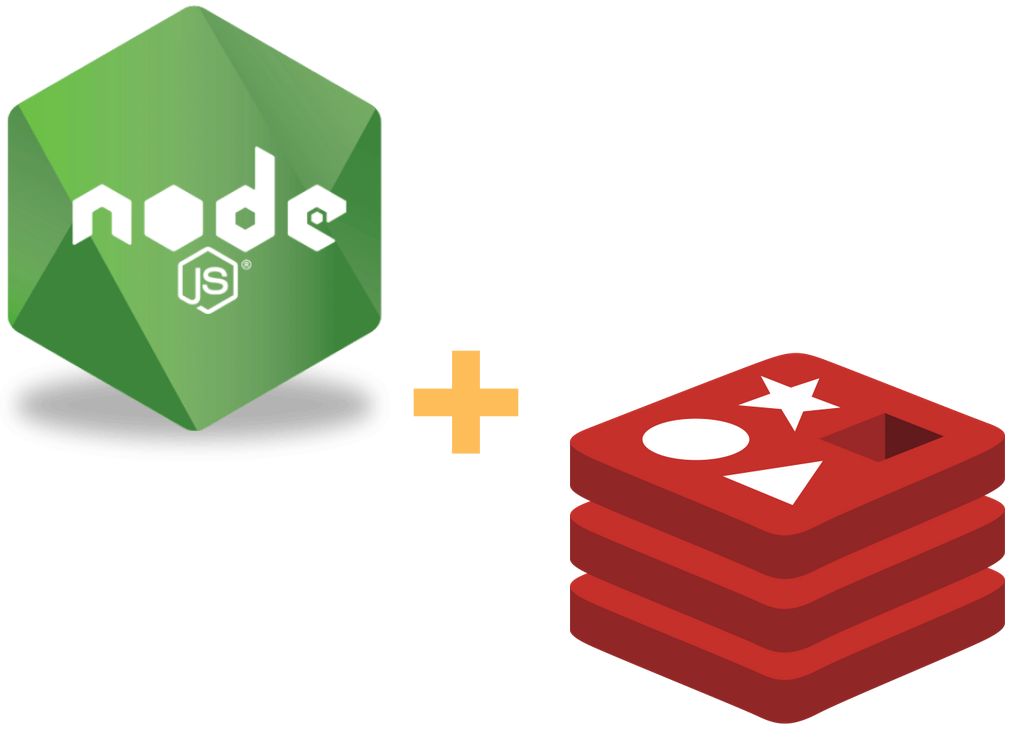
43. Redis Can Help You Deal With Tough Calculations for Geospatial Data Easily
 Learn how to use Redis and its geospatial indexes and commands for complex geo calculations.
Learn how to use Redis and its geospatial indexes and commands for complex geo calculations.
44. Redis Stream vs. Amazon SQS
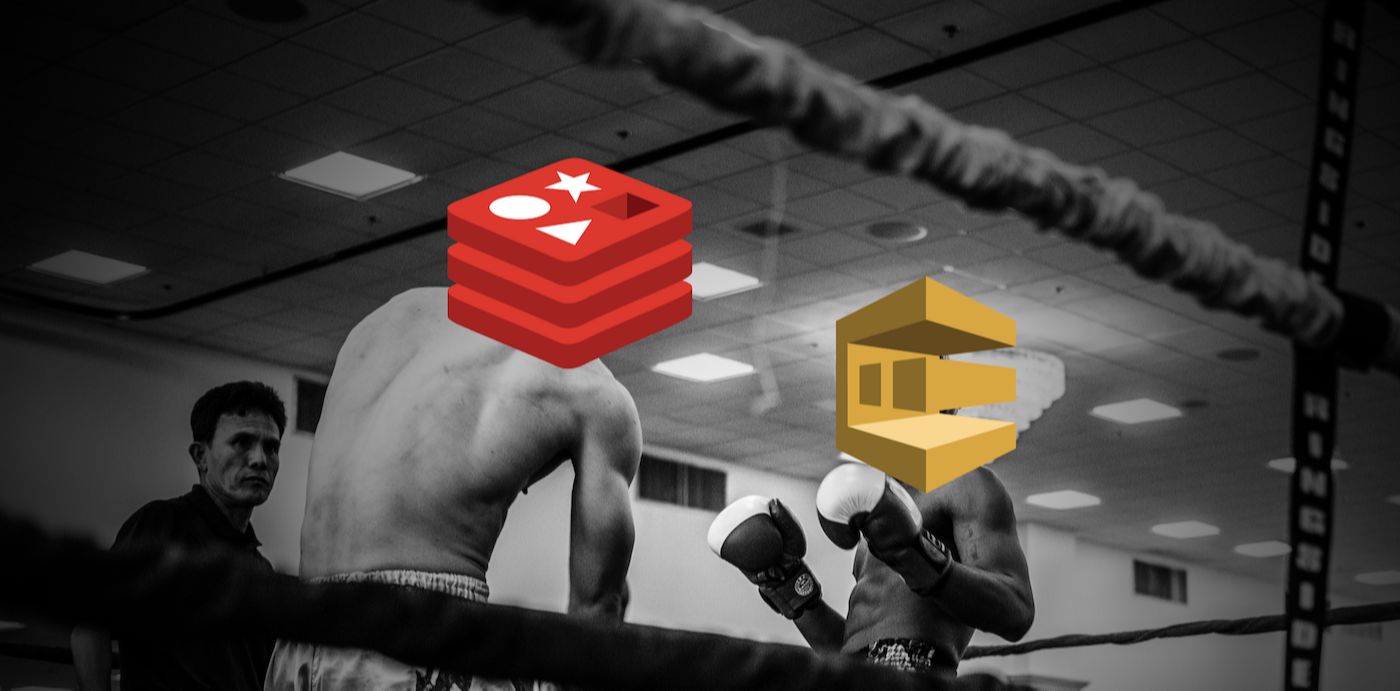
45. Let's Build It: Real-time Session Invalidation
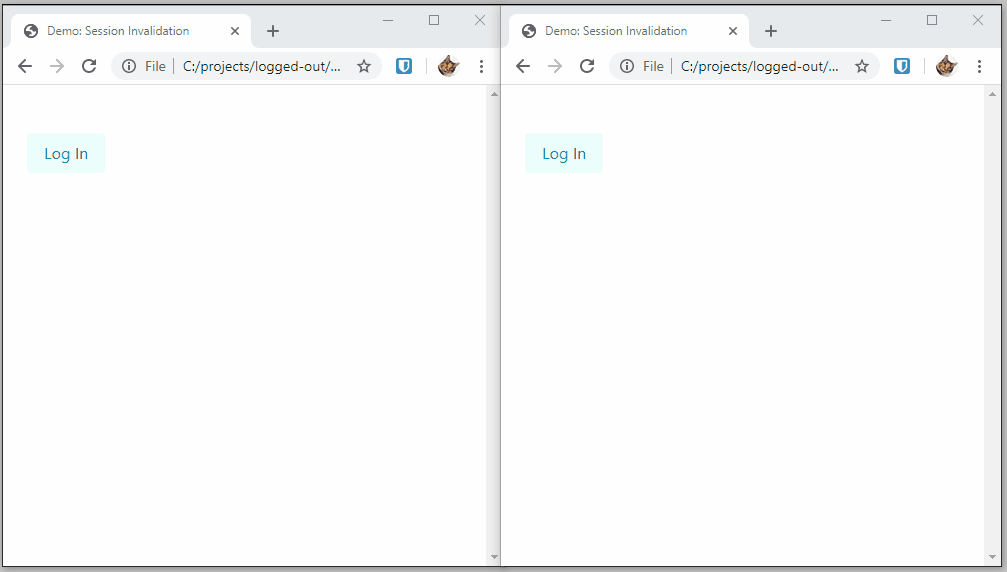 How would we build an experience like the one above?
How would we build an experience like the one above?
Demo Repo
Some applications need to limit users to a single client or browser instance. This post covers how to build, improve, and scale this feature. We begin with a simple web app with two API endpoints:
46. How to Build a Notification System with Sidekiq, Redis and Devise in Rails 6
 In this post, we are going to talk a lot about asynchronous functions, something very fashionable nowadays, but not so much just a few years ago.
In this post, we are going to talk a lot about asynchronous functions, something very fashionable nowadays, but not so much just a few years ago.
47. Should You Be Using NoSQL?
 NoSQL got quite some hype a few years back. It was going to solve your scaling, uptime, and speed problems. There were trade-offs, of course, but, for a brief moment, seemingly everything we knew about storing and querying data was up for grabs.
NoSQL got quite some hype a few years back. It was going to solve your scaling, uptime, and speed problems. There were trade-offs, of course, but, for a brief moment, seemingly everything we knew about storing and querying data was up for grabs.
48. How to Build a Concurrent Chat App with Go and Websockets
 Go emerged from Google out of a need to build highly performant applications using an easy-to-understand syntax. It's a statically typed, compiled language developed by some of the innovators of C, without the programming burden of manual memory management. Primarily, it was designed to take advantage of modern multicore CPUs and networked machines.
Go emerged from Google out of a need to build highly performant applications using an easy-to-understand syntax. It's a statically typed, compiled language developed by some of the innovators of C, without the programming burden of manual memory management. Primarily, it was designed to take advantage of modern multicore CPUs and networked machines.
Thank you for checking out the 48 most read stories about Redis on HackerNoon.
Visit the /Learn Repo to find the most read stories about any technology.

